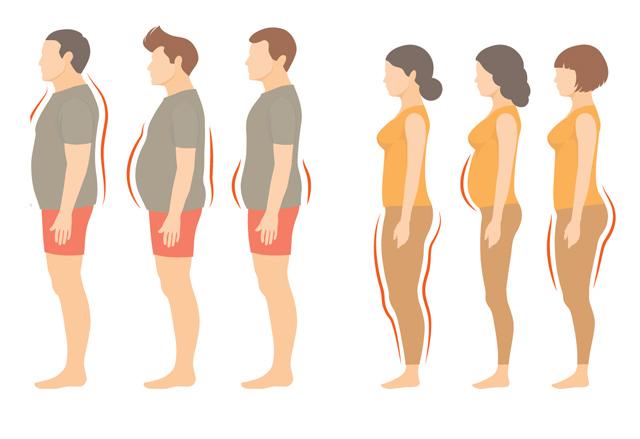You are here
Is stress making me overweight?
By Ayah Murad - Feb 07,2021 - Last updated at Feb 07,2021

Photo courtesy of Family Flavours magazine
By Ayah Murad
Clinical Dietician
For most of us, stress is a fact of life. Unfortunately, research reveals that it’s also a fact of fat!
Nutrient imbalance and deficiencies in critical vitamins and minerals can increase levels of stress and anxiety. Sticking to a diet rich in fermented yoghurt, oily fish, fruits and vegetables – B vitamins (thiamine and B6) omega-3, choline and probiotics is key to reducing general anxiety and stress. Here are more tips:
• Eating small, frequent, healthy snacks
• Drinking plenty of liquids
• Having warm soups especially at mid-day like mushroom soup with coconut milk (Vitamin D plays a role in feeling happy)
• Having a fist-size portion of magnesium-rich dried cranberries, prunes, almonds, walnuts and pumpkin seeds with a slice of fruit and some yoghurt once a day, between meals, helps control appetite and make you feel better
• Snacking on oranges, grapefruit and other citrus fruits is a great way to get your vitamin C, which studies reveal reduces stress levels
• Eating spinach, eggs and chickpeas can help us produce relaxing hormones. I like mashed chickpeas with avocado and two teaspoons of olive oil with a dash of Himalayan salt as a spread for my sandwiches — it’s not only yummy but will also make you smile!
• Switching up your snacks and meals to enjoy the benefits of a varied diet and filling your plate with colour will reduce inflammation by providing antioxidants and enhancing your mood
• Drinking cacao instead of coffee can reduce your cortisol hormones and provide you with magnesium, especially when taken in the morning on an empty stomach
Small changes to your diet can make a huge difference in reducing stress and regaining control of your body.
Two major stress types
• Acute stress affects all of us from time to time, like meeting a deadline or studying for an exam. This type of stress can be good for our performance by helping us accomplish tasks more efficiently
• Chronic stress builds up when exposed to a high-pressure situation over an extended period. It affects appetite, digestion and fat and sugar cravings, leading to a negative effect on weight. It also puts one at risk of developing depression, low immunity and chronic diseases such as cardiovascular disease and diabetes
Reprinted with permission from Family Flavours magazine
Related Articles
Clinical Dietician Body shape categorisation (apple, pear and so on) has left many of us focused on our body shape.
Clinical Dietician Some of our poor food choices have the ability to reduce testosterone, diminish sex drive, reduce sensitivity, alter
By Ayah MuradClinical Dietician Milk, yoghurt and eggs are an important source of protein, vitamins and minerals, as well as good fats.

















